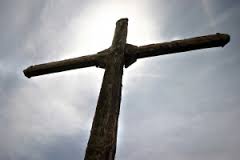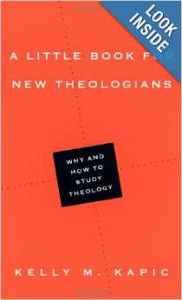I occasionally hear and read that there is an apprehensiveness towards Christian doctrine. David Wells, in his book No Place For Truth, has led a charge that we must reestablish Christian doctrine in our North American context or we will end up with a shallow faith that will be tossed to and fro by the waves and carried about by every wind of doctrine, by human cunning, by craftiness in deceitful schemes (Ephesians 4:14).
Historian Mark Noll has also chimed in along with Wells when he wrote The Scandal Of The Evangelical Mind. For Noll, the scandal is that there is no evangelical mind. He contends that there is a great divorce between intellect and piety within North American evangelicalism.
As I have thought about the issue of our North American scandal of a lack of theological thinking, I found an old copy of W.T. Conner‘s book Christian Doctrine. Conner was professor of systematic theology at Southwestern Baptist Theological Seminary in the early to mid 1900’s. In the introduction to Christian Doctrine, written in 1937, he wrote…
Many people today have little patience with any kind of definite doctrinal teaching in religion. This aversion to religious doctrine is not confined to those who are altogether indifferent or hostile to religion. Even many religious people are unfriendly toward any kind of definite doctrinal teaching. They wish to confine religion to the realm of feeling or friendly good will, or make it a matter of practical social activity.
There has been much discussion as to whether religion is properly a matter of feeling, or belief, or activity. As a matter of fact, it is all three. Without the element of feeling, religion has little motive power; without doctrinal belief, the element of intelligence is lacking; without practical activity, it is vapid and empty.
No doubt, Conner does well at helping us to see that the antipathy to theology is nothing new to the 21st Century. But on the other hand, I think he helps us to achieve some balance in that though we must teach Christian doctrine, it must never be divorced from real life. As Conner has succinctly written, our faith is a matter of feeling, belief, and activity.
So what do you think? Are we needing a return to deeper theological thinking in today’s evangelical world? And what does it look like to do good theology?
For help in thinking about theology, consider reading Theology Is For The Living Room along with A Little Book For New Theologians: Why and How To Study Theology by Kelly Kapic. You can also read my review of Kapic’s book as well.
Leave a Comment







